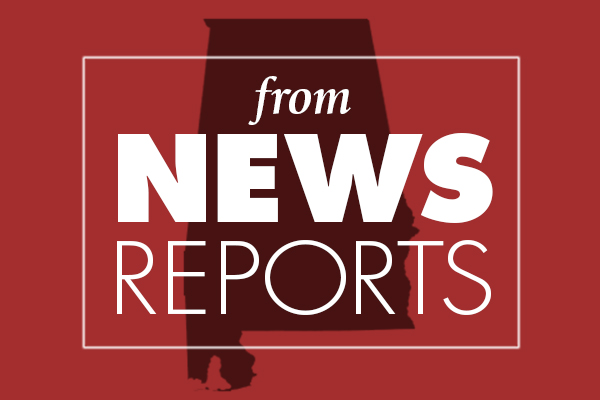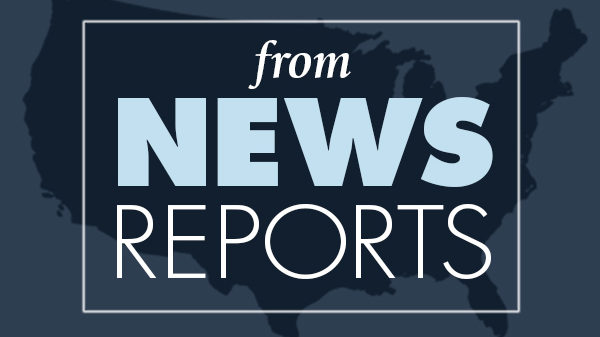The Sept. 11 terrorist attacks unleashed an unprecedented awareness of the role of religion in public life and boosted the image most Americans have of Muslims, according to a poll released Dec. 6.
Six months before that fateful morning, a slight majority of Americans — 55 percent — said the role of religion was declining. But the new poll, sponsored by the Pew Forum on Religion and Public Life, showed that 78 percent now see religion on the rise.
Melissa Rogers, the center’s executive director, said the numbers point to the need to appreciate the role religion continues to play in American life.
“The year 2001 proved that we can’t understand our nation or our world without understanding religion,” she said.
Pollsters, however, were careful to distinguish between public influence and private practice. Church attendance has returned to near-normal following a surge after the attacks, and Americans have generally resumed their pre-attack spiritual lives, according to most indicators.
The poll of 1,500 adults was conducted in November by the Pew Research Center for the People and the Press, part of a larger Pew report, “Lift Every Voice,” which analyzed the role of religion over the past year.
Rogers cautioned that religion’s increased visibility cannot be tied solely to the terrorist attacks. Just weeks after his inauguration in January, President Bush set the stage when he announced a sweeping plan to funnel government money to religious charities.
Proving just how swiftly public opinion can turn, those who were initially blamed for the terrorist attacks seem to have gained more acceptance from their fellow Americans. In the days after Sept. 11, Arab-Americans and Muslims were the targets of verbal and physical assaults for their suspected ties to the Islamic extremists who carried out the attacks.
But the November poll showed that 59 percent of Americans now hold a favorable view of U.S. Muslims, up from 45 percent in March. The greatest boost was among conservative Republicans — in March, just 35 percent had a favorable view, but that rose to 64 percent by November. A full quarter of Americans had no opinion of Muslims.
“President Bush led off in helping the nation make distinctions between the radical extremism of a few versus the peaceful nature of the religion,” Rogers said, referring to Bush’s visit to a Washington mosque soon after the attacks and his admonitions against anti-Muslim violence.
Along with rejecting negative views of Muslims, Americans seem to be distancing themselves from controversial remarks made by evangelists Pat Robertson and Jerry Falwell, who said God allowed the attacks because of America’s growing acceptance of homosexuality, abortion and other liberal causes.
Seventy-three percent of respondents said they “totally disagree” with the idea that the attacks were a sign from God, including 63 percent of evangelical Christians. Only 8 percent of all respondents agreed with Falwell and Robertson, who later apologized for their remarks.
Rogers said those numbers highlight the difficulty in trying to group an entire faith together — whether Muslims or evangelicals.
Other key findings of the report include:
Sixty-three percent of evangelicals said Islam is “very different” than their own faith, compared with 44 percent of mainline Protestants and 50 percent of Catholics.
Nearly half — 49 percent — of people said the terrorist attacks were motivated by political beliefs, compared to 30 percent who said they were spurred by religious beliefs.
Eighty-five percent of Americans support military action against “terrorists,” and 83 percent said war is “sometimes justified,” compared to 64 percent who said it is “often justified.”
The telephone poll of 1,500 adults has a margin of error of plus or minus 4 percentage points.





Share with others: